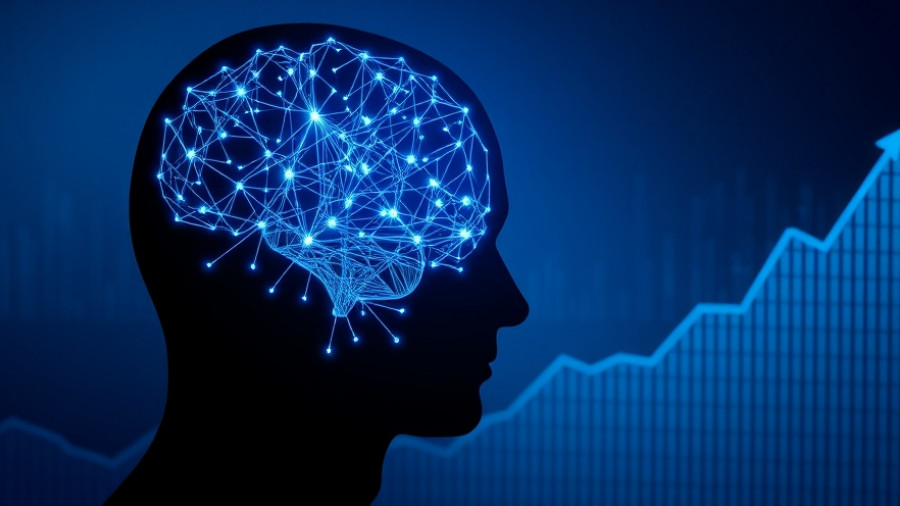
The Future of Health Predictions: An Introduction to Delphi-2M
Imagine a world where artificial intelligence (AI) could predict your health risks decades before any symptoms appear. The Delphi-2M system makes this concept a reality. It's an advanced tool that can forecast risks for over 1,000 diseases while providing a timeline for when these conditions might evolve. As technology continues to evolve, Delphi-2M represents a remarkable leap in predictive medicine, following closely on the heels of traditional methods that only predicted individual health risks.
What Makes Delphi-2M Unique?
The key to Delphi-2M's effectiveness lies in its ability to analyze vast amounts of health data, much like how a text model reads words. Trained on medical histories from hundreds of thousands, it examines personal information such as age, sex, lifestyle habits, and medical history to create detailed predictions specific to each person. This approach not only identifies potential diseases but also helps determine when they're likely to develop.
The Impact on Individuals and Healthcare Systems
If validated and implemented widely, Delphi-2M could transform how individuals manage their health. Understanding your possibilities can motivate healthier lifestyle choices, resulting in proactive healthcare that prevents diseases rather than merely responding to them after they arise. For healthcare providers, this tool could be vital in resource planning. It enables practitioners to allocate budgets and implement early interventions where they'll matter most.
Challenges and Future Prospects
Despite its promise, Delphi-2M is not without limitations. Data bias from the populations it was trained on can lead to inaccurate predictions for underrepresented groups. Concerns surrounding privacy and ethical use of personal health data also raise critical questions. The future of predictive models like Delphi-2M will depend greatly on their fairness and accessibility to diverse populations.
A Path Forward for Predictive Medicine
As we stand at the nexus between technology and healthcare, Delphi-2M illustrates a significant shift from reactionary treatments to proactive health management. Innovations like these don't just empower us with knowledge; they encourage an entire system to rethink how we approach health. The critical factor moving forward will be ensuring that these advancements are used responsibly, ethically, and inclusively.
 Add Row
Add Row  Add
Add 




Write A Comment